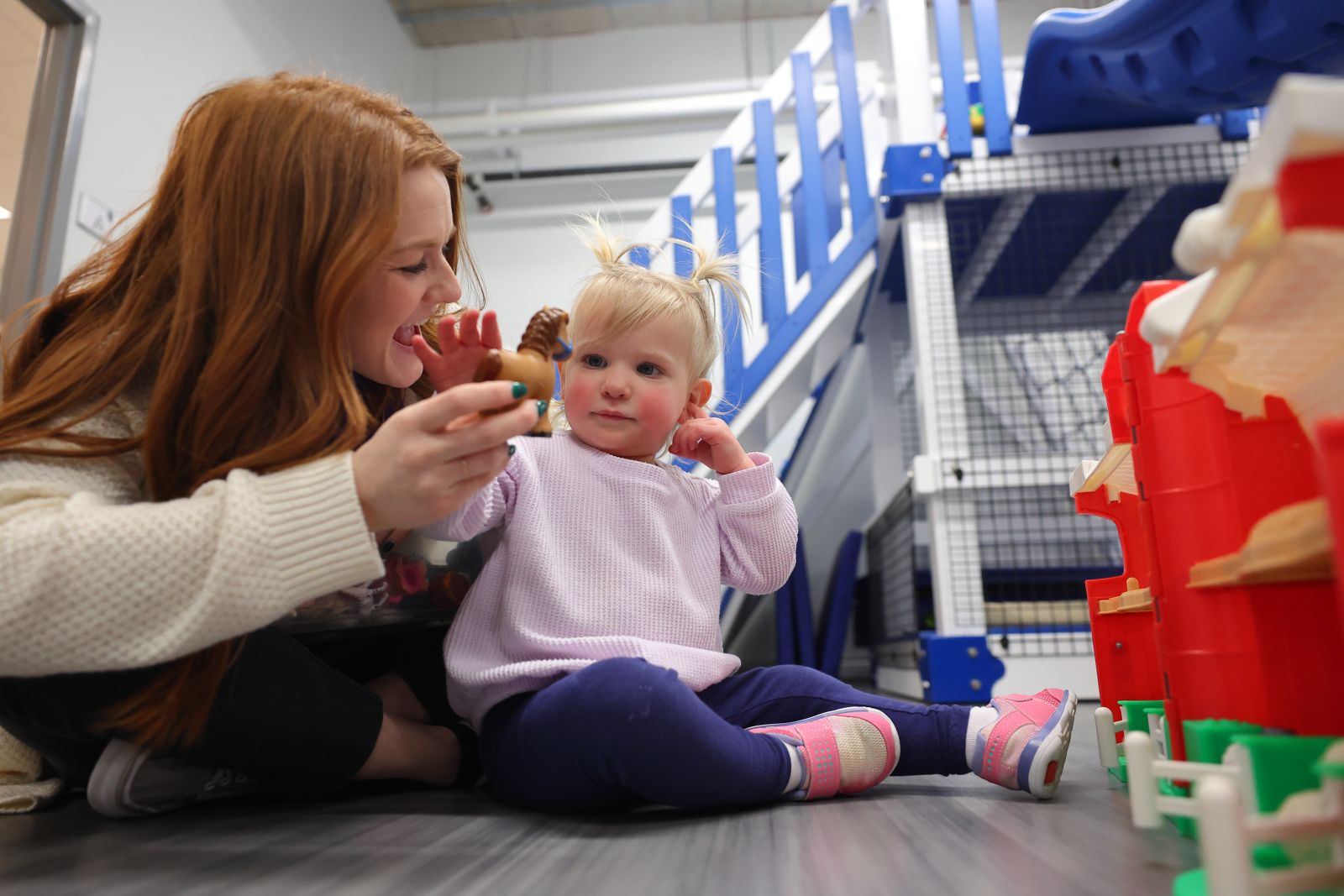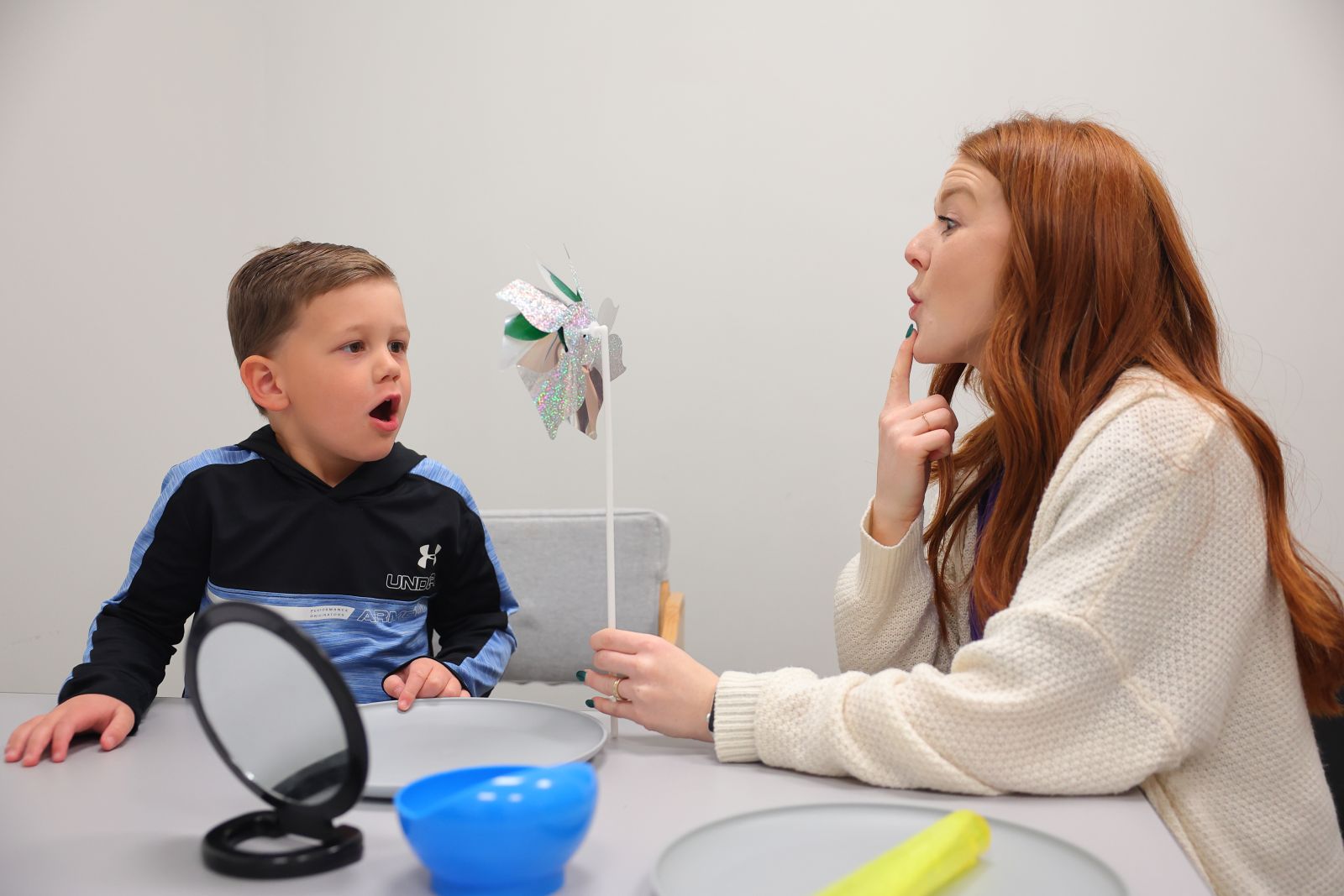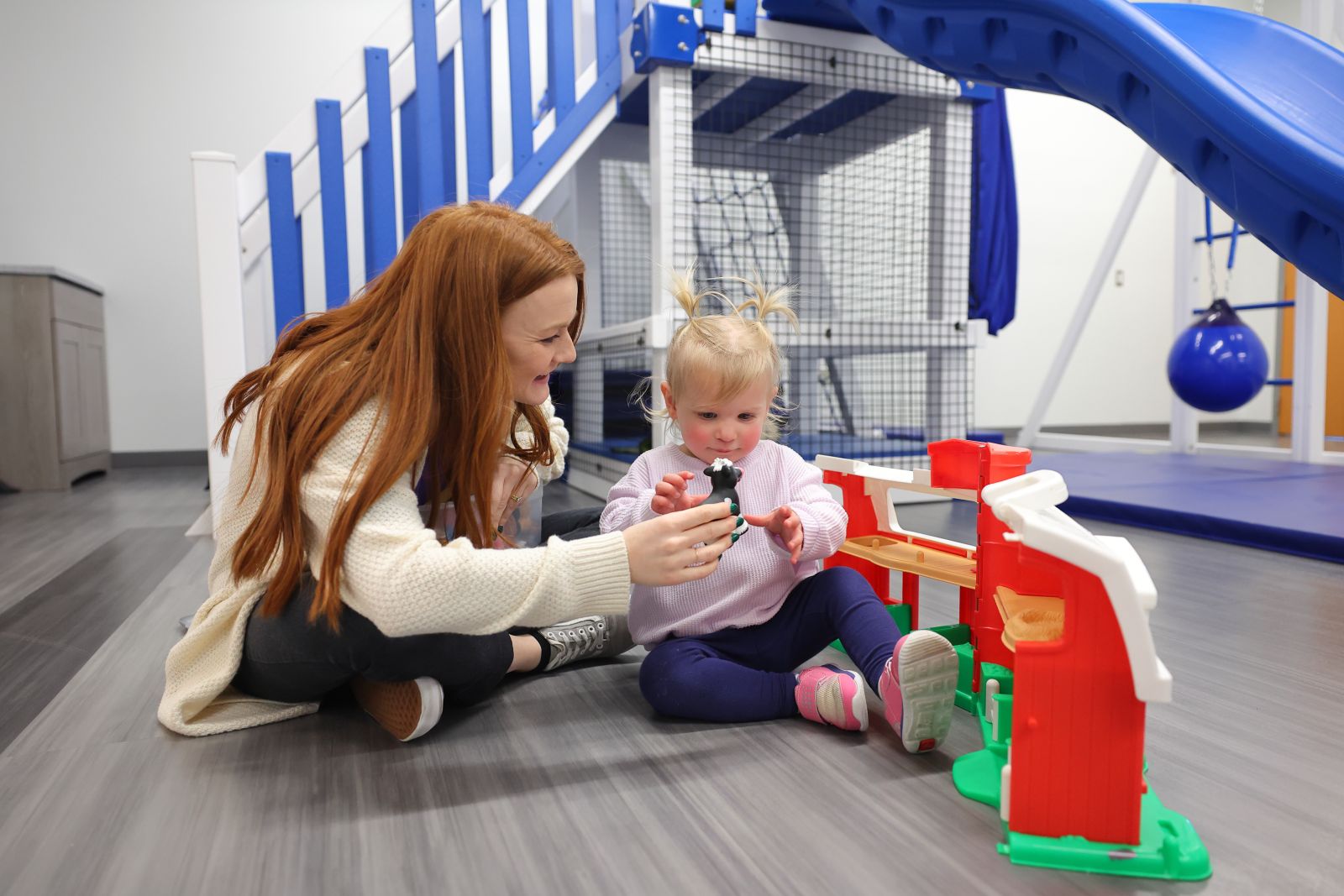Autism
Autism
Parkersburg and Waverly Clinics
During development you may see a child who is a Gestalt Language Processor (GLP) communicating in 'scripts' that don't "fit" the situation. These scripts can be as short as a single word or as long as a whole song. They are often rich in intonation or melody and are frequently tied to emotional experiences. GLPs may also communicate with single words or taught phrases that don't progress, or produce unintelligible strings of language. It is important to realize that while these communication attempts may not translate literally to you, it is still communication and means something to your child. When this communication is not understood or validated, it can lead to frustration and decreased additional attempts to communicate. Over time this can slow language development. Research has also shown us that many autistic children develop language through Gestalt language processing.
GLPs who are demonstrating difficulties advancing their language development can benefit from therapy utilizing the Natural Language Acquisition framework. Assessment and treatment using the NLA Framework is (1) child-led plan, (2) provided with sensory preferences and supports in mind, and (3) provided through natural language support.
At Taylor Therapy, our speech therapists are Natural Language Acquisition (NLA) trained clinicians. This means they are experts at determining your child's language development style and use that knowledge to best assist them in further development. They also provide neurodiversity-affirming therapy that respects your child's unique communication styles and promotes a more inclusive and effective approach to therapy. They provide support to all children by developing goals that are functional and individualized. They strive to identify and utilize a child's strengths to enhance growth and development of skills. They keep the child and family's individual needs in mind when creating a treatment plan and provide therapy that is flexible and responsive to the child's needs and interests. When working on communication, we explore and support all modalities preferred by each individual child. Through neurodiversity-affirming therapy, they work to support children and families in their journey to develop skills in language, social communication, and feeding. Our therapists aim to provide resources and strategies to assist with augmentative and alternative communication, Gestalt Language Processing, sensory differences, and feeding difficulties.




